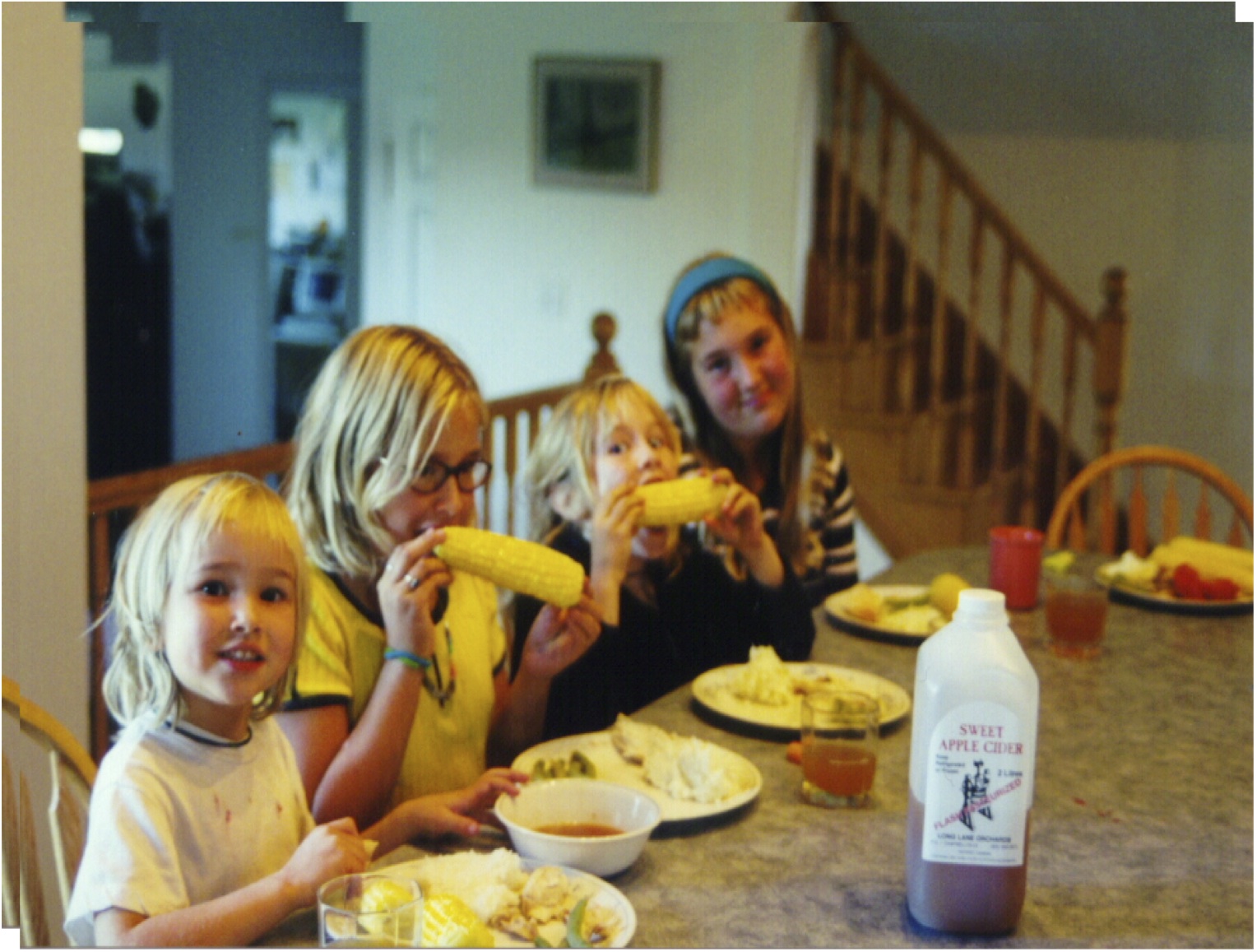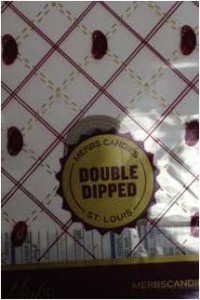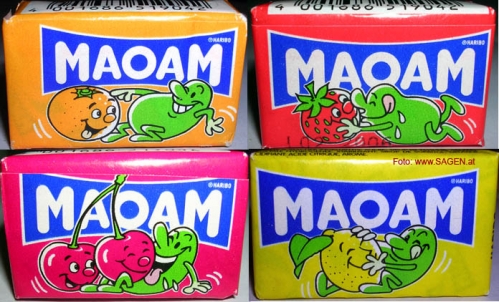Oh, unpasteurized apple cider, when will you stop providing food safety moments?
It was 13 years ago last night that U.S. health investigators figured out that unpasteurized juice with apple cider as a base was making people sick with E. coli O157:H7 in the Pacific Northwest region.
.jpg) On Friday, Amy made a stop at a local plant and produce shop to pick up a pumpkin.
On Friday, Amy made a stop at a local plant and produce shop to pick up a pumpkin.
Amy writes:
The woman behind the counter quipped, “It looks like you already have a little pumpkin” motioning towards Sorenne who was hanging off my hip.
As I was paying the woman asked me, “Did you get a chance to have a swig of our apple cider?”
There was a tray with about 10 dixie cups full of cider on the counter. I had looked at them with interest while waiting to pay. I used to love apple cider but Doug has taught me to be skeptical. I asked without thinking, “Is the juice pasteurized?”
The woman looked at me as if to say, of course not, but she said, “No, but there is a preservative in it,” sort of apologetically for the preservative not being natural.
“No thanks then, and especially not for my daughter.” “Oh no!” she replied. “I didn’t mean for her but for you.” I left it at that. I was in a hurry, the woman was helping me to the car with the pumpkin, and maybe she just didn’t know better.
In my mind I was screaming, “Lady, I don’t want to die from your juice either.” I called Doug to thank him for teaching me about food safety. Four years ago I would have unthinkingly and gladly drank the cider. And if I had a child, I would have also offered it to her, not knowing about E. coli or even questioning whether someone in a store would serve me unsafe food.
 From the cider files:
From the cider files:
In October, 1996, 16-month-old Anna Gimmestad of Denver drank Smoothie juice manufactured by Odwalla Inc. of Half Moon Bay, Calif. She died several weeks later; 64 others became ill in several western U.S. states and British Columbia after drinking the same juices, which contained unpasteurized apple cider –and E. coli O157:H7. Investigators believe that some of the apples used to make the cider may have been insufficiently washed after falling to the ground and coming into contact with deer feces.
In the fall of 1998, I accompanied one of my four daughters on a kindergarten trip to the farm. After petting the animals and touring the crops –I questioned the fresh manure on the strawberries –we were assured that all the food produced was natural. We then returned for unpasteurized apple cider. The host served the cider in a coffee urn, heated, so my concern about it being unpasteurized was abated. I asked: "Did you serve the cider heated because you heard about other outbreaks and were concerned about liability?" She responded, "No. The stuff starts to smell when it’s a few weeks old and heating removes the smell."
Here’s the abstract from a paper Amber Luedtke and I published back in 2002:
A review of North American apple cider outbreaks caused by E. coli O157:H7 demonstrated that in the U.S., government officials, cider producers, interest groups and the public were actively involved in reforming and reducing the risk associated with unpasteurized apple cider. In Canada, media coverage was limited and government agencies inadequately managed and communicated relevant updates or new documents to the industry and the public.
Therefore, a survey was conducted with fifteen apple cider producers in Ontario, Canada, to gain a better understanding of production practices and information sources. Small, seasonal operations in Ontario produce approximately 20,000 litres of cider per year. Improper processing procedures were employed by some operators, including the use of unwashed apples and not using sanitizers or labeling products accurately.
Most did not pasteurize or have additional safety measures. Larger cider producers ran year-long, with some producing in excess of 500,000 litres of cider. Most sold to large retail stores and have implemented safety measures such as HACCP plans, cider testing and pasteurization. All producers surveyed received government information on an irregular basis, and the motivation to ensure safe, high-quality apple cider was influenced by financial stability along with consumer and market demand, rather than by government enforcement.
 Bionic Apples and Double Dipped Apples were available for retail sales at St. Louis area locations, through local supermarkets (located in the produce section) and through mail orders nationwide. The product is individually packaged in a clear, burgundy and gold cellophane bag and would have been available from September 8th through November 25th 2014 – no identifying lot codes were used.
Bionic Apples and Double Dipped Apples were available for retail sales at St. Louis area locations, through local supermarkets (located in the produce section) and through mail orders nationwide. The product is individually packaged in a clear, burgundy and gold cellophane bag and would have been available from September 8th through November 25th 2014 – no identifying lot codes were used.
.jpg) On Friday, Amy made a stop at a local plant and produce shop to pick up a pumpkin.
On Friday, Amy made a stop at a local plant and produce shop to pick up a pumpkin. From the cider files
From the cider files Simon Simpkins, a Pontefract, West Yorkshire, U.K. father of two, says
Simon Simpkins, a Pontefract, West Yorkshire, U.K. father of two, says
 The 23-year old owner of the shop in the trendy east Berlin district of Prenzlauer Berg, an area known for its vibrant night life, was taken into custody on suspicion of drug-dealing.
The 23-year old owner of the shop in the trendy east Berlin district of Prenzlauer Berg, an area known for its vibrant night life, was taken into custody on suspicion of drug-dealing. Metro Health Sanitation Manager Stephen Barscewski said,
Metro Health Sanitation Manager Stephen Barscewski said,  While some may argue that bird poop is natural, others may argue that bird poop is an excellent source of salmonella, campylobacter and others.
While some may argue that bird poop is natural, others may argue that bird poop is an excellent source of salmonella, campylobacter and others.